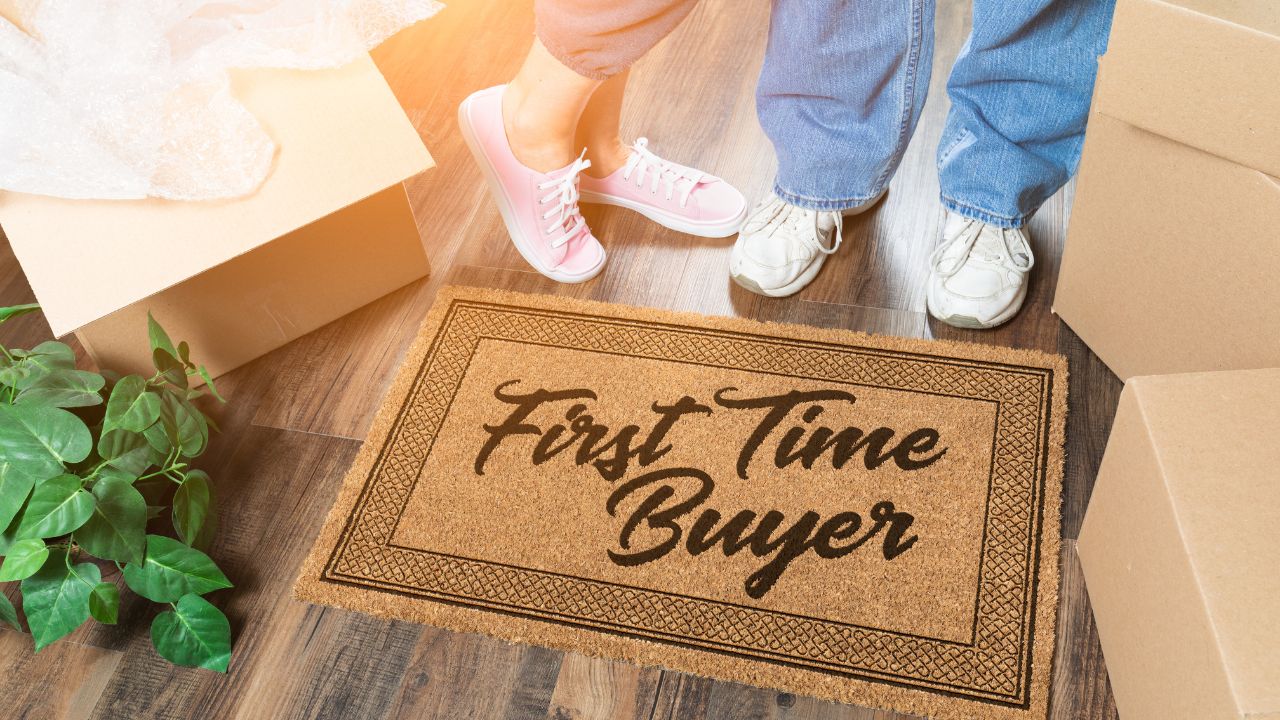 Purchasing a home is a significant milestone, and first-time homebuyer programs make the process easier for many stepping into homeownership. But what if you’ve owned a home before or are currently a homeowner? Can you qualify as a first-time homebuyer again?
Purchasing a home is a significant milestone, and first-time homebuyer programs make the process easier for many stepping into homeownership. But what if you’ve owned a home before or are currently a homeowner? Can you qualify as a first-time homebuyer again?
Surprisingly, the answer is yes. Under certain conditions, you may be eligible for these programs more than once. Here’s a closer look at how it works, the eligibility criteria, and how to make the most of these opportunities.
Who Qualifies as a First-Time Homebuyer?
The term “first-time homebuyer” doesn’t always mean it’s your first-ever purchase. According to the U.S. Department of Housing and Urban Development (HUD), you may qualify as a first-time homebuyer if:
-
You haven’t owned a primary residence in the past three years. Even if you’ve owned a home before, taking a break from homeownership for three or more years may make you eligible.
-
You’re a single parent or displaced homemaker. If you previously owned a home with a former spouse, you might still qualify after a divorce or separation.
-
You’ve only owned non-permanent structures. Homes that didn’t meet building codes or lacked permanent foundations may not count as prior ownership.
These expanded definitions help more buyers access first-time homebuyer benefits, even if they’ve owned a home in the past.
Why Reapply for First-Time Buyer Benefits?
First-time homebuyer programs often offer significant financial advantages, such as:
-
Lower down payment requirements: Some loans require as little as 3.5%.
-
Assistance with closing costs: State and local programs may provide grants or forgivable loans.
-
Tax credits: Certain programs reduce your tax burden when purchasing a home.
-
Favorable loan terms: Access to lower interest rates and reduced private mortgage insurance (PMI).
If you qualify again, these benefits can make your next home purchase more affordable and less stressful.
Steps to Qualify Again
1. Follow the Three-Year Rule
If you haven’t owned a primary residence in the last three years, you likely qualify. Even if you’ve owned investment properties, they won’t disqualify you as long as they weren’t your primary residence.
2. Provide Documentation for Special Circumstances
If you’re divorced, separated, or a displaced homemaker, be prepared to show documentation such as legal papers or housing history to prove your eligibility.
3. Research State and Local Programs
Eligibility rules for first-time buyer benefits vary by location. Research the programs available in your area to ensure you meet the specific requirements.
Loan Options for First-Time Homebuyers
-
FHA Loans: Popular for their low 3.5% down payment requirement and flexible credit score criteria.
-
USDA Loans: Ideal for rural buyers, offering 0% down payment options, though income limits and location restrictions apply.
-
VA Loans: Provide 0% down payment and no PMI for eligible veterans and active-duty service members.
-
Special Conventional Loans: Many lenders offer conventional loans with perks like lower down payments for first-time buyers.
Tips for Repeat First-Time Buyers
-
Strengthen Your Credit Score: Even with program benefits, a better credit score can secure lower interest rates.
-
Save for Additional Costs: Beyond the down payment, set aside funds for closing costs and moving expenses.
-
Apply Early: Many programs have limited funding, so act quickly to take advantage of available resources.
-
Work with Experienced Professionals: Partner with an agent or lender knowledgeable about first-time homebuyer programs to simplify the process.
Challenges to Keep in Mind
-
Documentation: Proving eligibility, especially under unique circumstances, may require extra effort.
-
Program Restrictions: Some benefits include income caps or property eligibility rules.
-
Competition: First-time buyer programs can have limited funds, so applying early is key.
If you meet the criteria, qualifying as a first-time homebuyer again can open doors to significant financial perks, making homeownership more attainable. Whether you’re leveraging the three-year rule or special circumstances, these programs can save you money and reduce stress when purchasing your next home.
We can help guide you through the process. Homeownership may be closer than you think.
 The dream of owning a home can seem out of reach for many. However, various affordable housing initiatives are making homeownership more accessible. I want to share some strategies and programs designed to help you achieve your dream of owning a home.
The dream of owning a home can seem out of reach for many. However, various affordable housing initiatives are making homeownership more accessible. I want to share some strategies and programs designed to help you achieve your dream of owning a home.